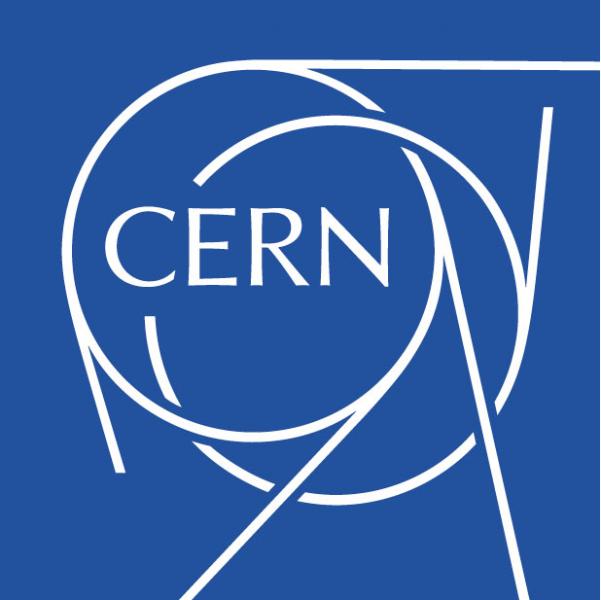
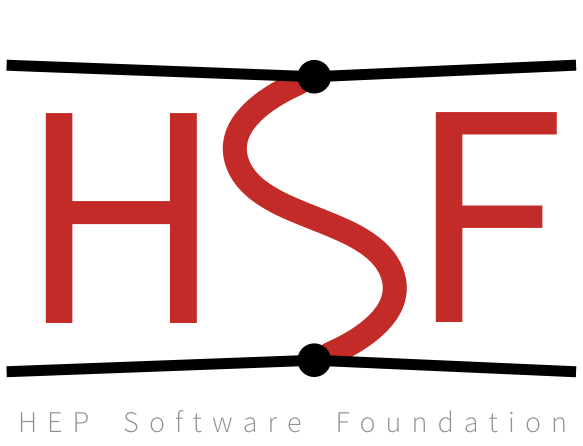 Google Summer of Code 2019
Google Summer of Code 2019
Introduction
Students who participated in the GSoC for 2019 were able to choose from various project proposals. The HSF GSoC 2019 Administrators were Andrei Gheata andrei.gheata@cern.ch, Antoine Pérus perus@lal.in2p3.fr and Javier Cervantes Villanueva javier.cervantes.villanueva@cern.ch
N.B. This page archives the proposals from the 2019 Google Summer of Code. For information on the latest GSoC please see here.
Projects in 2019
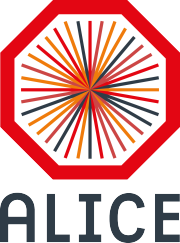 |
ALICE is one of the four major experiments at the Large Hadron Collider (LHC) at CERN. ALICE is optimized to study collisions of nuclei at the ultra-relativistic energies provided by the LHC. |
List of proposals |
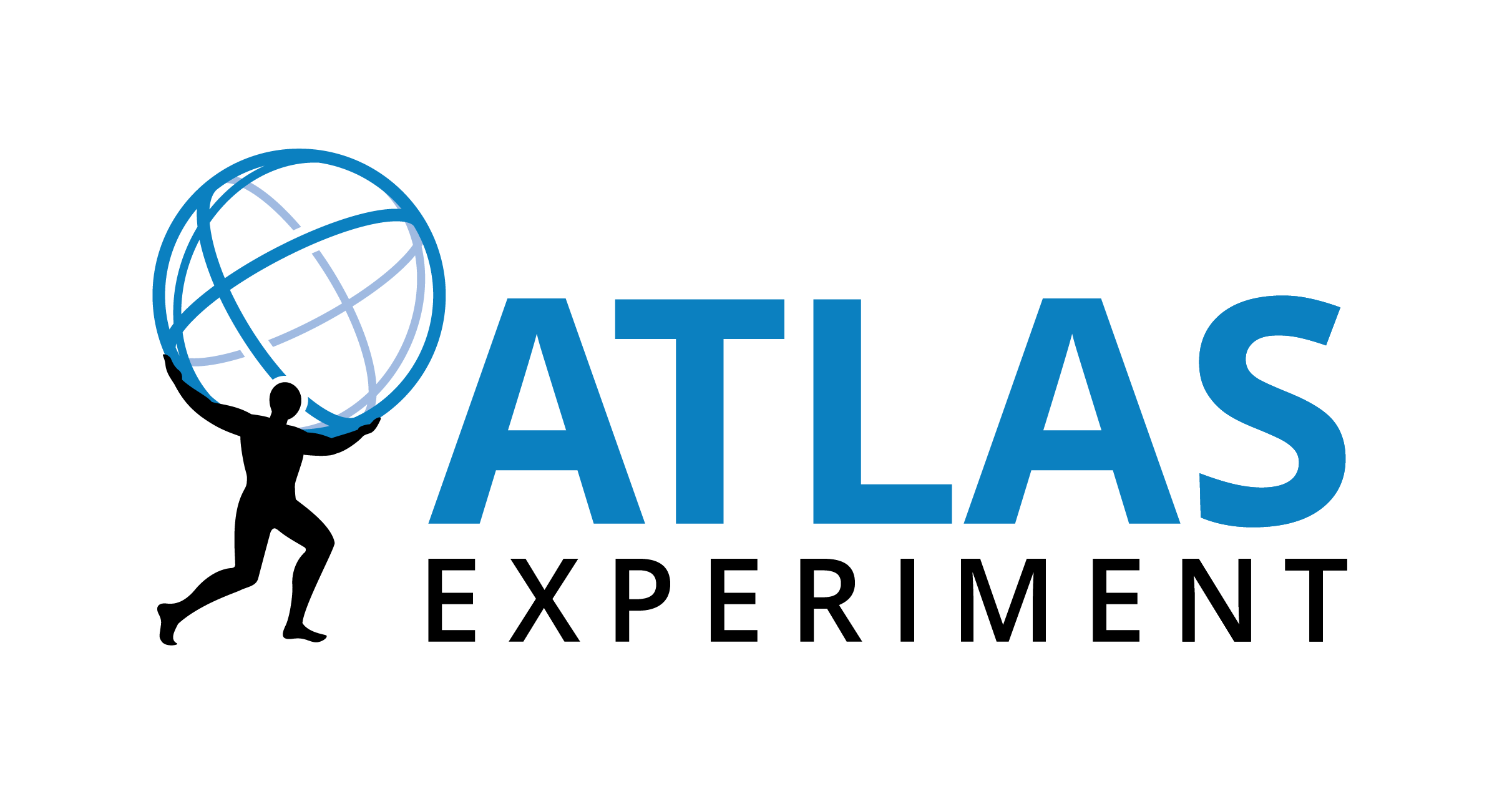 |
ATLAS is one of the four major experiments at the Large Hadron Collider (LHC) at CERN. It is a general-purpose particle physics experiment run by an international collaboration and is designed to exploit the full discovery potential and the huge range of physics opportunities that the LHC provides. |
List of proposals |
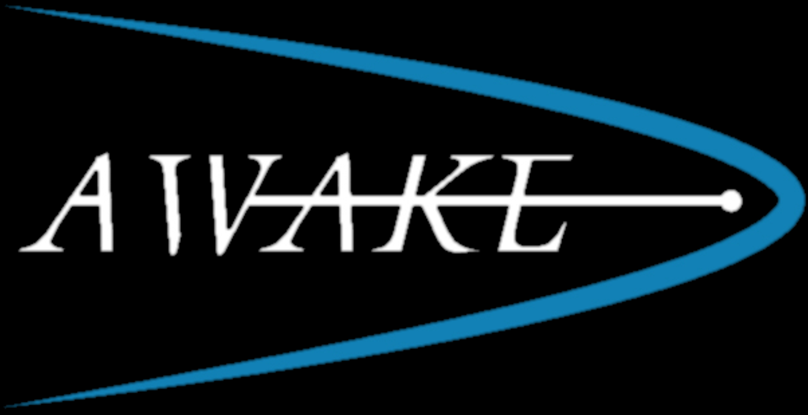 |
AWAKE is the world’s first proton beam-driven plasma wakefield accelerator. AWAKE is developing a new technology for accelerating electron beams to extremely high energies. |
List of proposals |
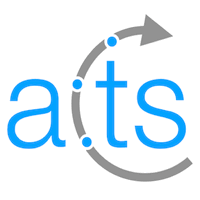 |
Acts is a free and open-source software project for track reconstruction in high-energy physics experiments. As a modernized version of the particle tracking code used by the ATLAS experiment at the Large Hadron Collider, the project is focused on adoption of modern C++ standards, usability in multi-threaded workflows, and increased use of vectorization and accelerators (gpgpu). |
List of proposals |
 |
Allen is a project aiming to do a full LHCb High Level Trigger 1 realization on GPUs. It features a self-contained framework written in C++14, runs on several GPU streams, and uses CUDA for all individual algorithms. |
List of proposals |
 |
Allpix Squared is a free and open-source simulation framework for silicon tracker and vertex detectors written in modern C++. The goal of the Allpix Squared framework is to provide a complete and easy-to-use package for simulating the performance of detectors from incident ionizing radiation until the digitization of hits in the detector chip. |
List of proposals |
 |
AstroLab Software is a project from LAL aiming at providing advanced software tools to overcome modern science challenges faced by research groups, and allow research communities to more fully exploit the big data ecosystem tools. |
List of proposals |
 |
CERNBox is a cloud synchronisation service for end-users: it allows syncing and sharing files on all major mobile and desktop platforms (Linux, Windows, MacOSX, Android, iOS) aiming to provide offline availability to any data stored in the CERN EOS infrastructure. |
List of proposals |
 |
The CernVM-File System (CernVM-FS) is a global, read-only POSIX file system that provides the universal namespace /cvmfs. It is based on content-addressable storage, Merkle trees, and HTTP data transport. CernVM-FS provides a mission critical infrastructure to small and large HEP collaborations. |
List of proposals |
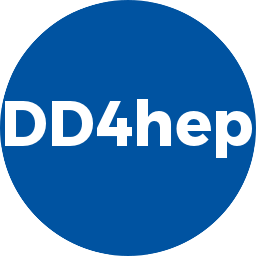 |
A generic detector description framework. When referring to the detector description this includes, in addition to the geometry and the materials used in the device, also parameters describing e.g. the detection techniques, constants required for alignment and calibration, description of the readout structures and conditions data. |
List of proposals |
 |
DIRAC INTERWARE is a software framework for distributed computing providing a complete solution to one (or more) user community requiring access to distributed resources. DIRAC builds a layer between the users and the resources offering a common interface to a number of heterogeneous providers, integrating them in a seamless manner, providing interoperability, at the same time as an optimized, transparent and reliable usage of the resources. |
List of proposals |
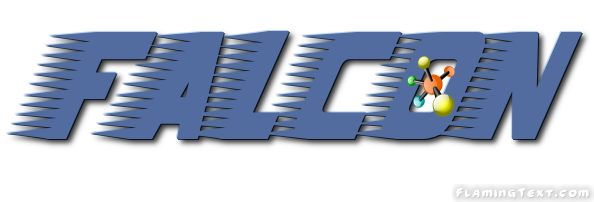 |
Falcon is an ultra-fast non-parametric detector simulation package that automatically abstracts detector response, usually done by hand in fast-simulators used by particle physics experiments. |
List of proposals |
 |
Ganga is a computational task-management tool, which allows for the specification, submission, bookkeeping and post-processing of computational tasks on a wide set of distributed resources. Ganga has been developed to solve a problem increasingly common in scientific projects, which is that researchers must regularly switch between different processing systems, each with its own command set, to complete their computational tasks. Ganga provides a homogeneous environment for processing data on heterogeneous resources. |
List of proposals |
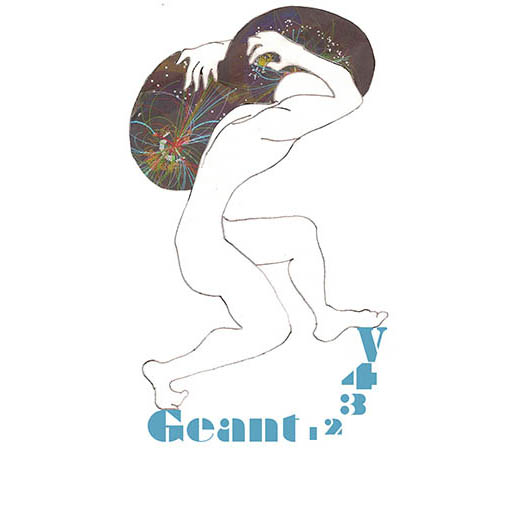 |
The GeantV project aims at developing a high performance detector simulation system that can be ported on different computing architectures, including accelerators. |
List of proposals |
 |
Go-HEP is a set of libraries and applications written in Go. |
List of proposals |
 |
The HAhRD (HPC Algorithms for high Resolution Detectors) aims to investigate new methods based on statistics, Machine Learning, and/or image processing for high resolution detectors of sub-detectors in HEP. In addition, the studied algorithms must have all the good properties (parallel and vectorized) to run efficiently on extensible processor and GPU platforms (High Performance Computing). This project will be achieved with a strong collaboration with physicists. |
List of proposals |
 |
The HEP Software Foundation encourages cooperation and common development of software in High Energy Physics. The HSF hosts a number of software projects where developers are working to solve current problems in particle physics. |
List of proposals |
 |
HTCondor is the product of years of research by the Center for High Throughput Computing in the Department of Computer Sciences at the University of Wisconsin-Madison (UW-Madison), and it was first installed as a production system in the UW-Madison Department of Computer Sciences over 15 years ago. This HTCondor installation has since served as a major source of computing cycles to UW-Madison faculty and students. Additional HTCondor installations have been established over the years across our campus and the world. Hundreds of organizations in industry, government, and academia have used HTCondor to establish compute installations ranging in size from a handful to many thousands of workstations. |
List of proposals |
| IRIS-HEP | IRIS-HEP aims to develop the state-of-the-art software cyberinfrastructure required for the challenges of data intensive scientific research at the High Luminosity Large Hadron Collider (HL-LHC) at CERN, and other planned HEP experiments of the 2020’s. |
List of proposals |
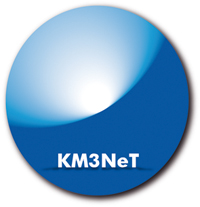 |
A large deep-sea research infrastructure that houses two next-generation neutrino telescopes in addition to instrumentation for Earth and Sea sciences. |
List of proposals |
 |
A general purpose forward spectrometer at the Large Hadron Collider. |
List of proposals |
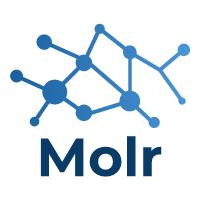 |
A Modular Distributed Execution and Debugging Framework. Molr provides a unified way to interact (locally or remotely) with executable code in order to run it and/or debug it. It is possible to provide input to it and retrieve output, return values and exceptions from this. The reference implementation (in the molr repository) is implemented in java. However, remote interaction is performed through a well defined REST API. This makes it very easy to implement ‘plugins’ in any programming language. |
List of proposals |
 |
The Patatrack project is an incubator for R&D activities within the CMS collaboration aiming to use a heterogeneous computing farm starting from the upcoming Run 3 (2021-2023), with the goal to improve the physics reach of the experiment and gain the necessary expertise in view of a wider deployment during the High-Luminosity runs at the LHC. |
List of proposals |
 |
Phoenix is an experiment-agnostic library for the visualisation of detector geometry and event data in a browser. |
List of proposals |
 |
A modular scientific software framework. It provides all the functionalities needed to deal with big data processing, statistical analysis, visualisation and storage. It is mainly written in C++ but integrated with other languages such as Python and R. |
List of proposals |
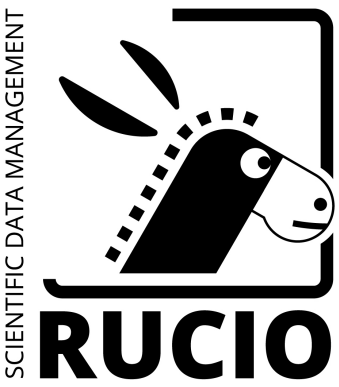 |
Rucio is a software framework that provides functionality to organize, manage, and access large volumes of scientific data using customisable policies. The data can be spread across globally distributed locations and across heterogeneous data centers, uniting different storage and network technologies as a single federated entity. Rucio offers advanced features such as distributed data recovery or adaptive replication, and is highly scalable, modular, and extensible. Rucio has been originally developed to meet the requirements of the high-energy physics experiment ATLAS, and is continuously extended to support LHC experiments and other diverse scientific communities. |
List of proposals |
 |
SWAN is a CERN service that allows users to perform interactive data analysis in the cloud, built upon the widely-used Jupyter notebooks and CERN technologies for storage and software access. |
List of proposals |
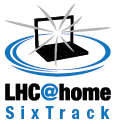 |
SixTrack is a software for simulating and analysing the trajectory of high energy particles in accelerators. It has been used in the design and optimization of the LHC and is now being used to design the High-Luminosity LHC (HL-LHC) upgrade that will be installed in the next decade. |
List of proposals |
 |
Toolkit for Multivariate Analysis (TMVA) is a multi-purpose machine learning toolkit integrated into the ROOT scientific software framework, used in many particle physics data analyses and applications. |
List of proposals |
 |
A vectorized high-performance library usable for fast and accurate geometry computations in very complex setups. |
List of proposals |
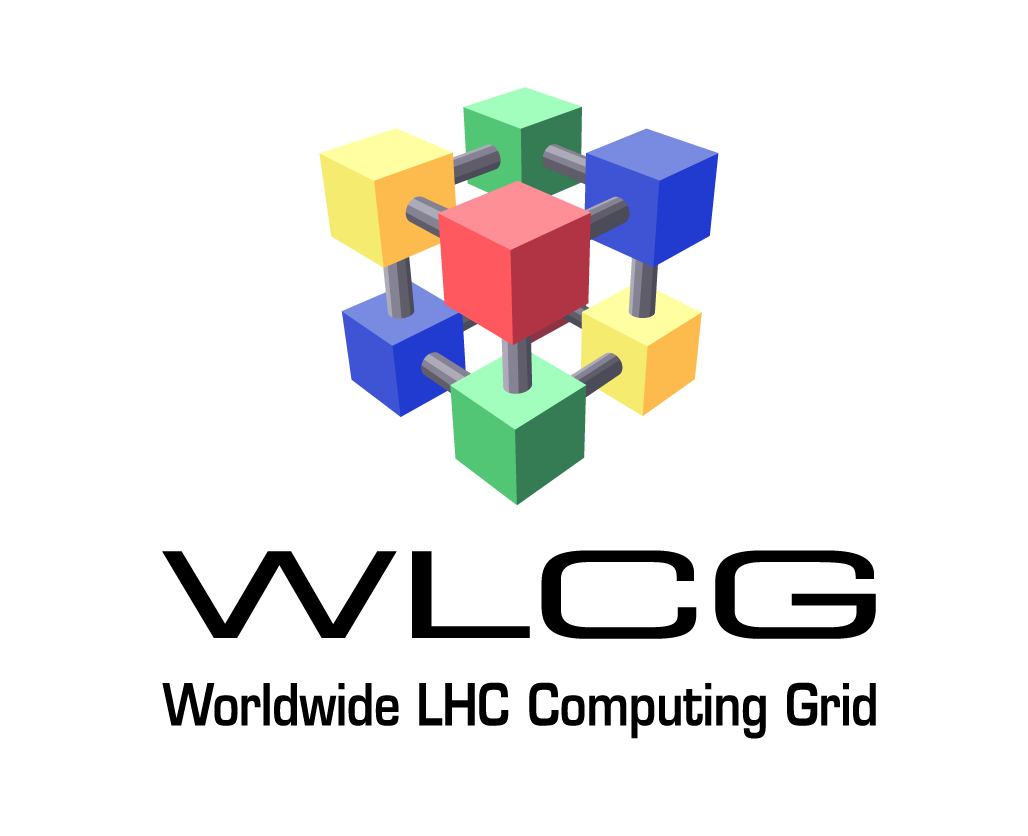 |
Worldwide LHC Computing Grid(WLCG) project is a global collaboration of more than 170 computing centres in 42 countries, linking up national and international grid infrastructures. The mission of the WLCG project is to provide global computing resources to store, distribute and analyse the ~50 Petabytes of data expected in 2018, generated by the Large Hadron Collider (LHC) at CERN on the Franco-Swiss border. |
List of proposals |
Participating Organizations in 2019
 |
AARNet provides Internet services to the Australian education and research communities and their research partners. AARNet built the Internet in Australia. |
List of proposals |
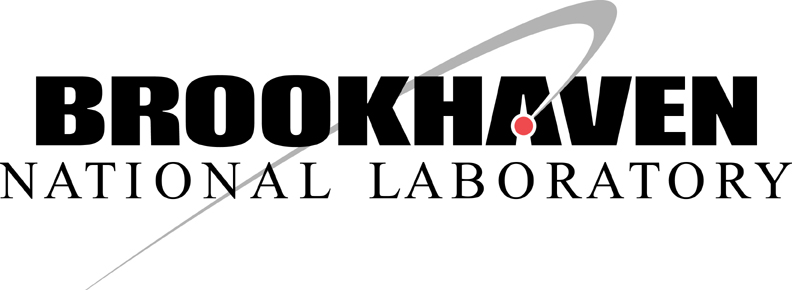 |
Brookhaven National Laboratory (BNL) is a major lab in the United States with interests in nuclear and high-energy physics. It hosts the Relativistic Heavy Ion Collider and the National Synchrotron Light Source II. BNL scientists are part of major HEP experiments, such as ATLAS, Belle II, STAR and DUNE. |
List of proposals |
 |
Caltech is a world-renowned science and engineering institute that marshals some of the world brightest minds and most innovative tools to address fundamental scientific questions and pressing societal challenges. |
List of proposals |
 |
IN2P3 Computing Centre (CC-IN2P3) is a CNRS support and research unit associated to IN2P3, the coordinating body for nuclear, particle, and astroparticle physics research. As a national research infrastructure, the CC-IN2P3 designs and manages a large range of computer-related services, especially a mass storage system and mass data resources. |
List of proposals |
 |
At CERN, the European Organization for Nuclear Research, physicists and engineers are probing the fundamental structure of the universe. They use the world’s largest and most complex scientific instruments to study the basic constituents of matter – the fundamental particles. |
List of proposals |
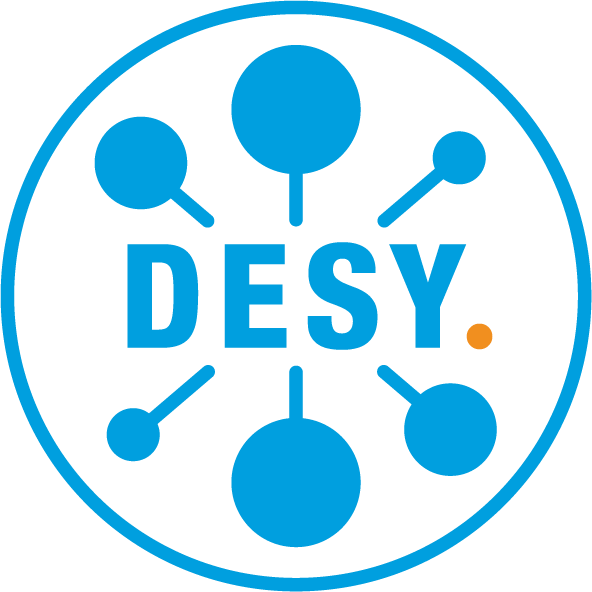 |
The Deutsches Elektronen-Synchrotron (DESY) is a major German physics laboratory with a long interest in high-energy physics. DESY is a major centre for photon science and the site of the European XFEL laser. DESY scientists are part of major international HEP experiments, such as ATLAS, CMS and Belle II. |
List of proposals |
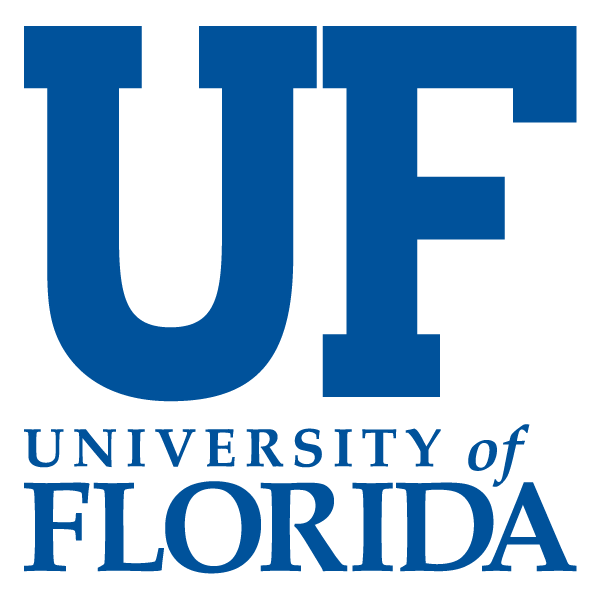 |
University of Florida is a public institution that was founded in 1853. |
List of proposals |
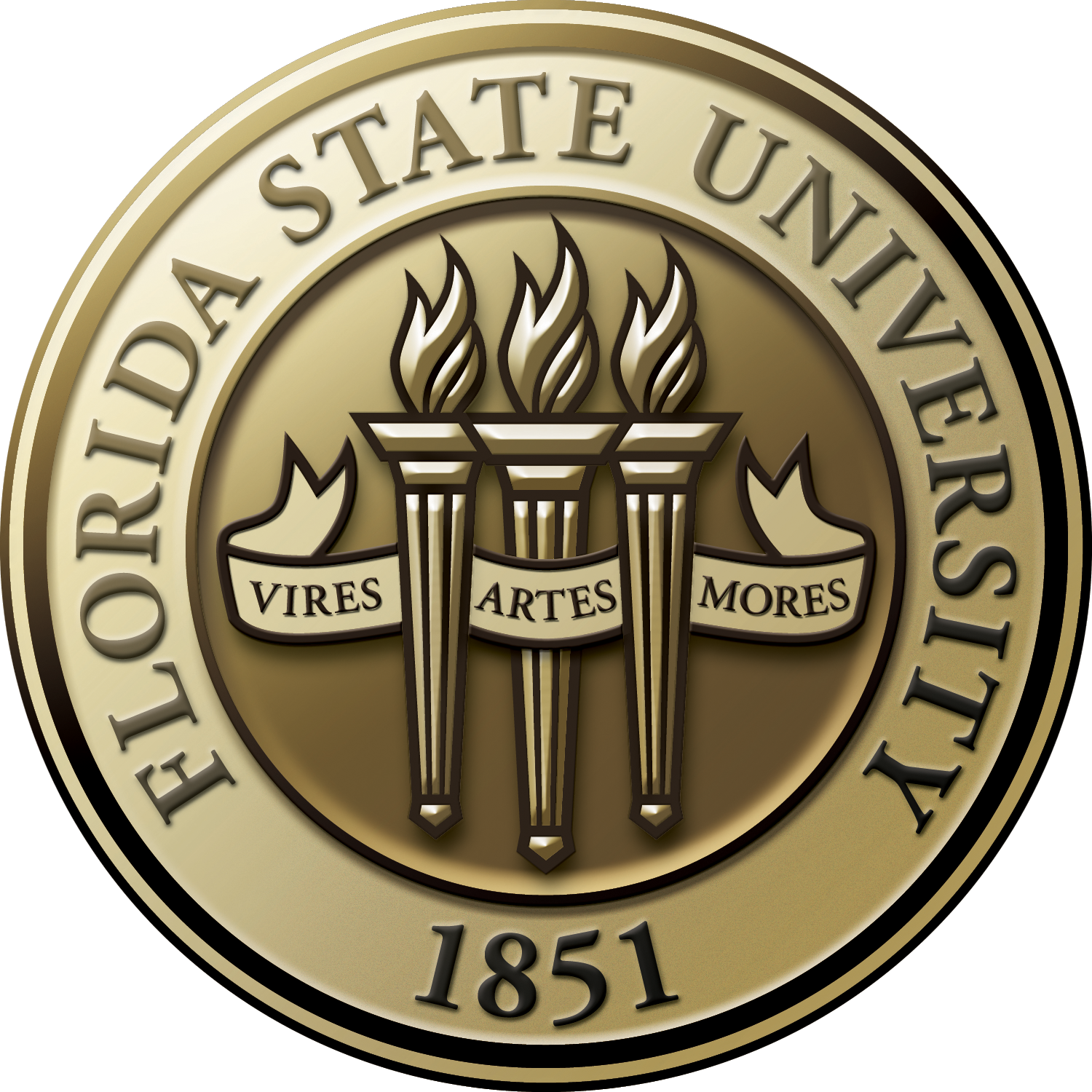 |
Florida State University is a public institution that was founded in 1851. |
List of proposals |
 |
Imperial College London is a world top ten university with an international reputation for excellence in teaching and research. Consistently rated amongst the world’s best universities, Imperial is committed to developing the next generation of researchers, scientists and academics through collaboration across disciplines. Located in the heart of London, Imperial is a multidisciplinary space for education, research, translation and commercialisation, harnessing science and innovation to tackle global challenges. |
List of proposals |
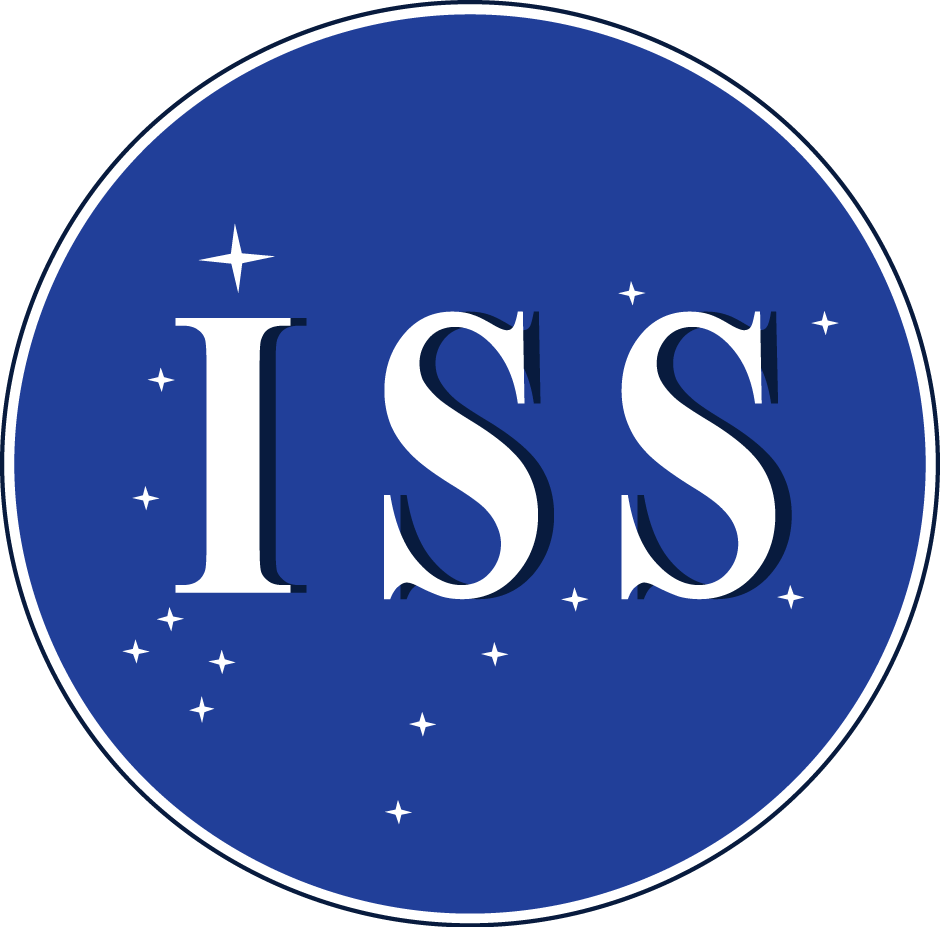 |
The Institute of Space Science (ISS) from Magurele, Romania is carrying out fundamental and advanced technological research in Space Physics and related fields based on previously acquired experience, and international collaborations. |
List of proposals |
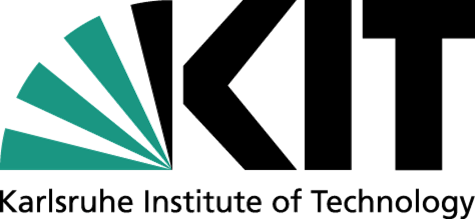 |
The Karlsruhe Institute of Technology is a public research university and one of the largest research and education institutions in Germany. |
List of proposals |
 |
LAL is a French research laboratory belonging to CNRS/IN2P3 and located at Université Paris Sud. The main topics of the research done at LAL are high energy physics, cosmology and accelerators. |
List of proposals |
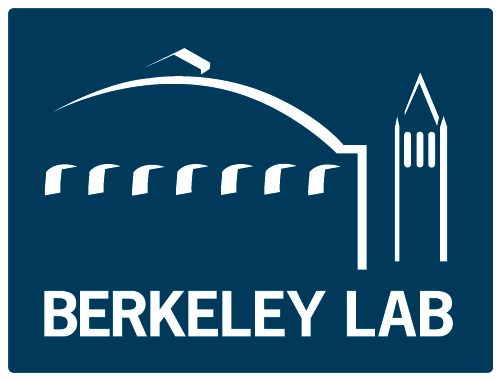 |
Lawrence Berkeley National Lab (LBNL) is a member of the national laboratory system supported by the U.S. Department of Energy through its Office of Science. It is managed by the University of California (UC) and is charged with conducting unclassified research across a wide range of scientific disciplines. |
List of proposals |
 |
The Leprince-Ringuet Laboratory (LLR) is located at Ecole Polytechnique, near Paris. The main research activities of LLR concern particle physics and very high energy gamma astronomy. Among the numerous contributions in international collaborations, the laboratory is deeply involved in international collaborations : CMS at CERN, HESS, CTA. |
List of proposals |
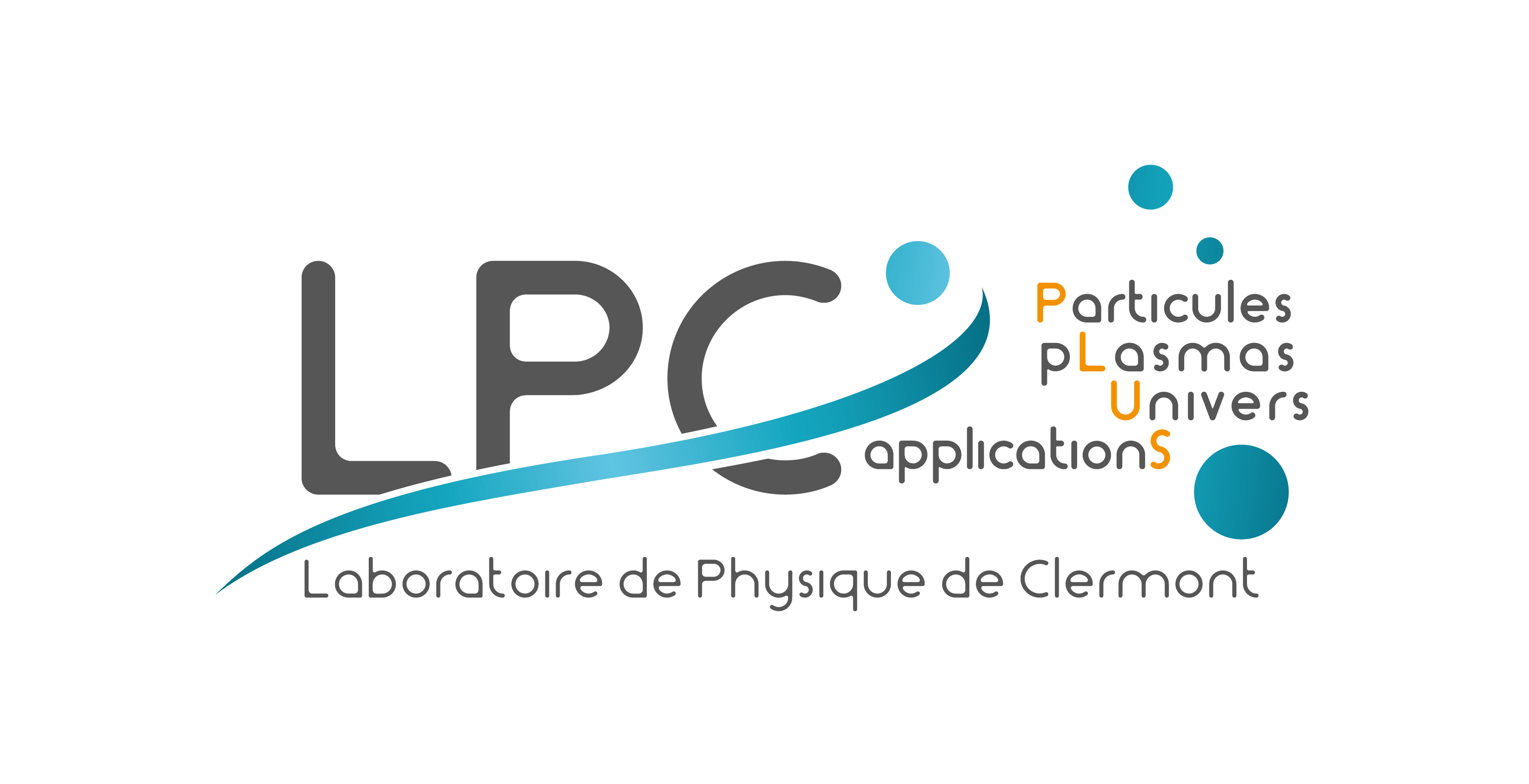 |
Founded in 1958, Laboratoire de Physique de Clermont is a government-funded mixed research unit (CNRS/IN2P3 and University Clermont Auvergne), in Auvergne, France. |
List of proposals |
 |
The Maison de la Simulation is a research laboratory about numerical simulation. Those activities concern transverse fields like IT and visualization, as well as HPC (High Performance Computing). |
List of proposals |
 |
Monash University Monash University is one of Australia’s leading universities and ranks among the world’s top 100. We help change lives through research and education. |
List of proposals |
 |
The mission of the National Institute for Subatomic Physics Nikhef is to study the interactions and structure of all elementary particles and fields at the smallest distance scale and the highest attainable energy. |
List of proposals |
 |
OProject Open source organization, specialized in development of advaced scientific software with ROOT, focused mathematical/statistical tools, machine learning and high performance computing. |
List of proposals |
 |
ownCloud, Inc. develops a universal file access platform that is hosted in user’s data center and servers using their storage. |
List of proposals |
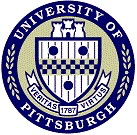 |
The University of Pittsburgh is one of the oldest institutions of higher education in the United States. |
List of proposals |
 |
Princeton University is a private Ivy League research university in Princeton, New Jersey. |
List of proposals |
 |
Leland Stanford Junior University (often referred to as Stanford University or simply Stanford) is an American private research university in Stanford, California. Stanford is known for its academic strength, wealth, proximity to Silicon Valley, and ranking as one of the world’s top universities. |
List of proposals |
 |
The University of California Berkeley, often referred to as UCSD, is a public research university in the city of Berkeley in the state of California. It is part of the University of California system. |
List of proposals |
 |
Founded in 1965, UCI is the youngest member of the prestigious Association of American Universities. The campus has produced three Nobel laureates and is known for its academic achievement, premier research, innovation and anteater mascot. Led by Chancellor Howard Gillman, UCI has more than 30,000 students and offers 192 degree programs. It’s located in one of the world’s safest and most economically vibrant communities and is Orange County’s second-largest employer, contributing $5 billion annually to the local economy. |
List of proposals |
 |
The University of California San Diego, often referred to as UCSD, is a public research university in the city of La Jolla, part of San Diego, in the state of California on the United States west coast. It is part of the University of California system. |
List of proposals |
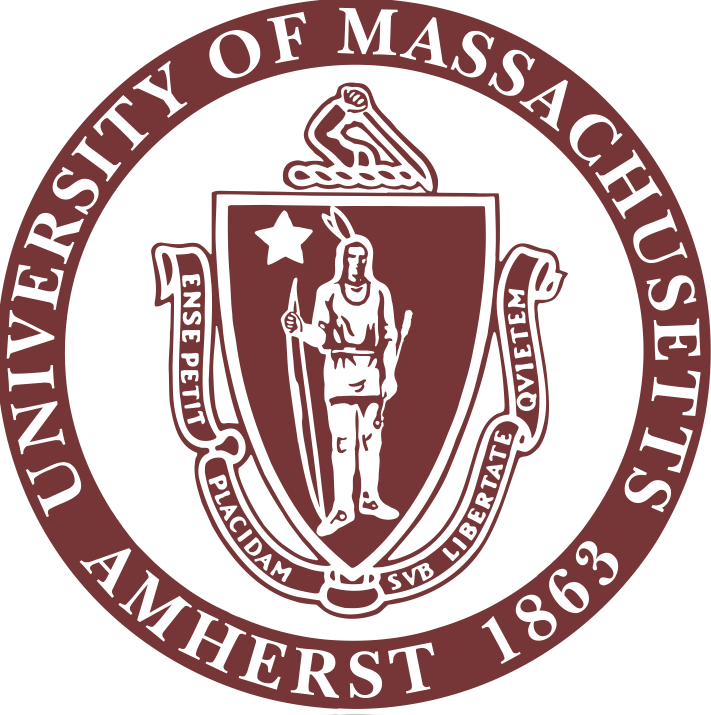 |
UMass Amherst is one of the major public research universities in America. |
List of proposals |
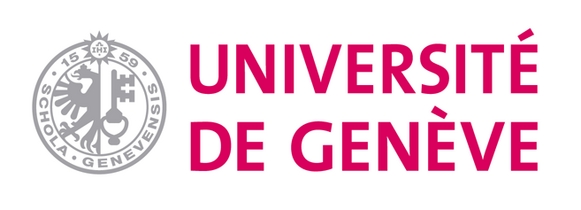 |
The Université de Genève (Switzerland) and its faculty of science is heavily invested in fundamental research and machine learning applications. Its department of particle physics (DPNC) has a strong and long-standing commitment to the CERN LHC experimental program. |
List of proposals |
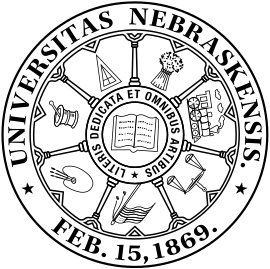 |
The University of Nebraska–Lincoln, often referred to as Nebraska, UNL or NU, is a public research university in the city of Lincoln, in the state of Nebraska in the Midwestern United States. It is the state’s oldest university, and the largest in the University of Nebraska system. |
List of proposals |
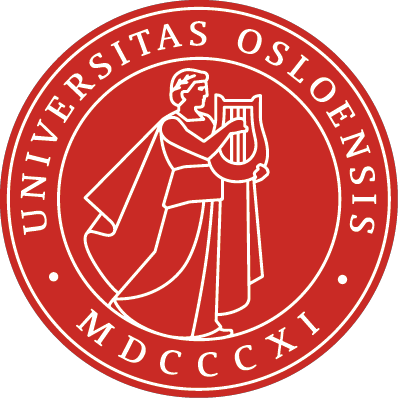 |
The University of Oslo is Norway’s oldest institution for research and higher education, with 28,000 students and 6,000 employees. |
List of proposals |
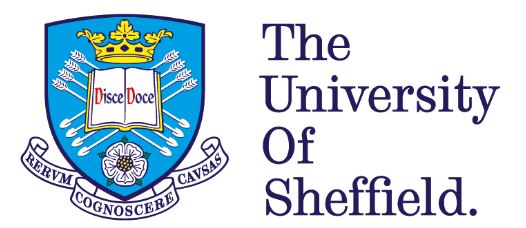 |
The University of Sheffield, located in Sheffield, South Yorkshire, England, is a world top-100 university renowned for the excellence, impact and distinctiveness of its research-led learning and teaching. |
List of proposals |
Summary
Contact information (for students)
HSF GSoC 2019 Administrators: Andrei Gheata, Antoine Pérus and Javier Cervantes.
Although GSoC 2019 has finished, please do not hesitate to contact the current admins if you are interested in the latest GSoC program using
hsf-gsoc-admin@googlegroups.com